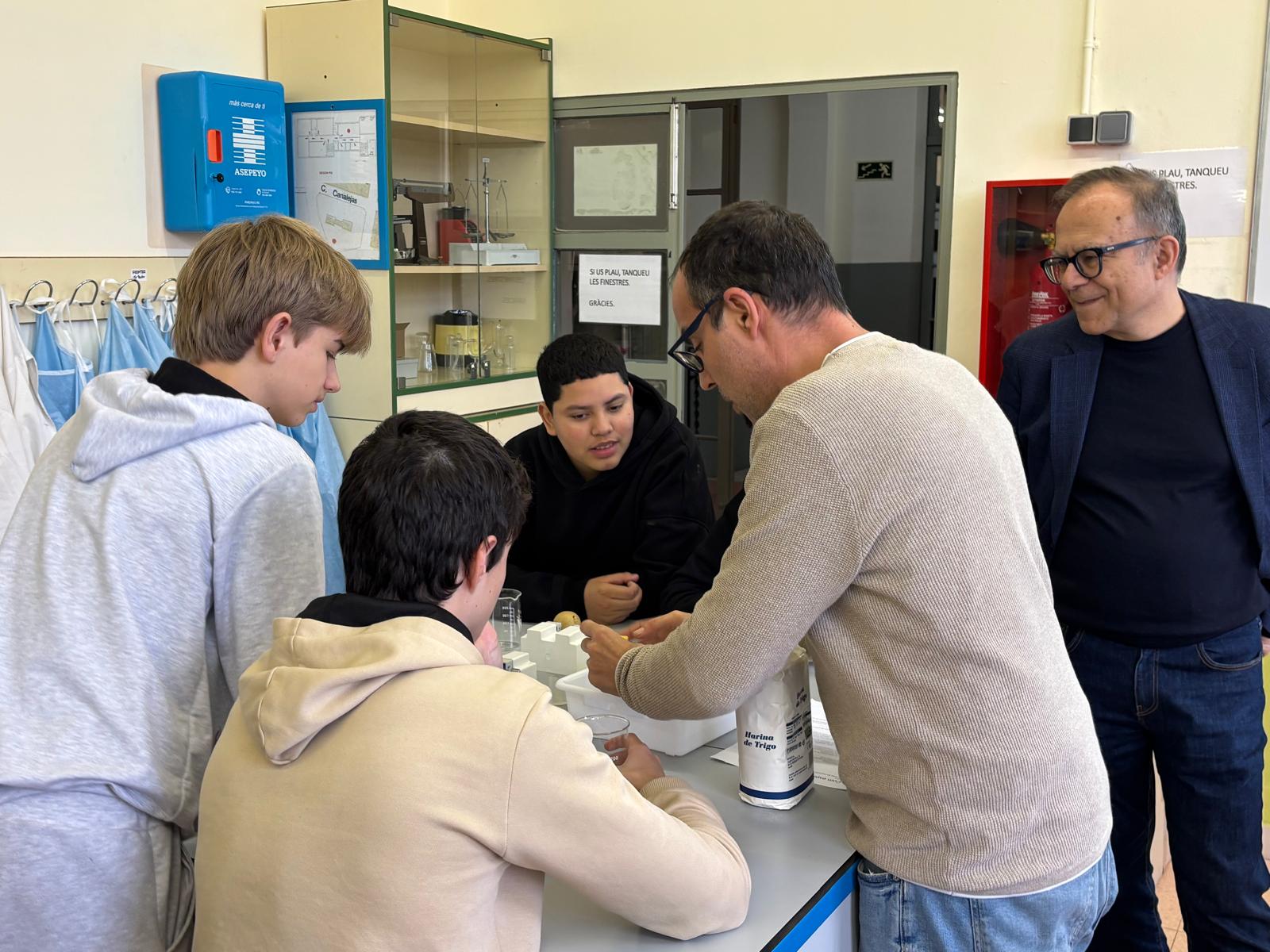Search Results for:
Nanomedicine reinforces its role in the fight against cancer at Nano World Cancer Day
On 3 February, the 11th edition of Nano World Cancer Day took place, a leading event promoted by Nanomed Spain, the platform that coordinates the Spanish nanomedicine ecosystem, coordinated by … Read more
Postdoctoral Researcher at the Biosensors for Bioengineering Research Group
Ref: JR-PR // Deadline:18/02/2026
Social Media Privacy Policy
1. USER INFORMATION Who is responsible for processing your personal data? IBEC – FUNDACIÓ INSTITUT BIOENGINYERIA DE CATALUNYA will be responsible for processing the personal data of individuals who have … Read more
IBEC and the Lluís Vives Institute in Barcelona join forces to incorporate scientific research into the school
As part of the Magnet programme. The Partnerships for Educational Success initiative, a collaboration between the Bioengineering Institute of Catalonia (IBEC) and a secondary school in Sants, promotes the integration of research into students’ skills-based learning. With the support of IBEC researchers and training for the teaching staff, students work on real scientific projects on health, the human body, cell biology, and the environment, among other topics.
Ibec Seminar. Monika E. Dolega
Nucleolar mechano-adaptation and its role in epithelial homeostasis Monika E. Dolega, Institute for Advanced Biosciences IAB, INSERM U1209, CNRS UMR5309, University Grenoble-Alpes, Grenoble, France Epithelial tissues experience constant mechanical … Read more
Thematic Network. NET-CNS Workshop 4: Innovations in CNS Modeling:Cutting-edge In Vitro Systems
This fourth workshop will focus on innovations in drug delivery systems, crossing the blood-brain barrier, local delivery of drugs, and engineered proteins to read brain activity Schedule 09:00 – Registration … Read more



